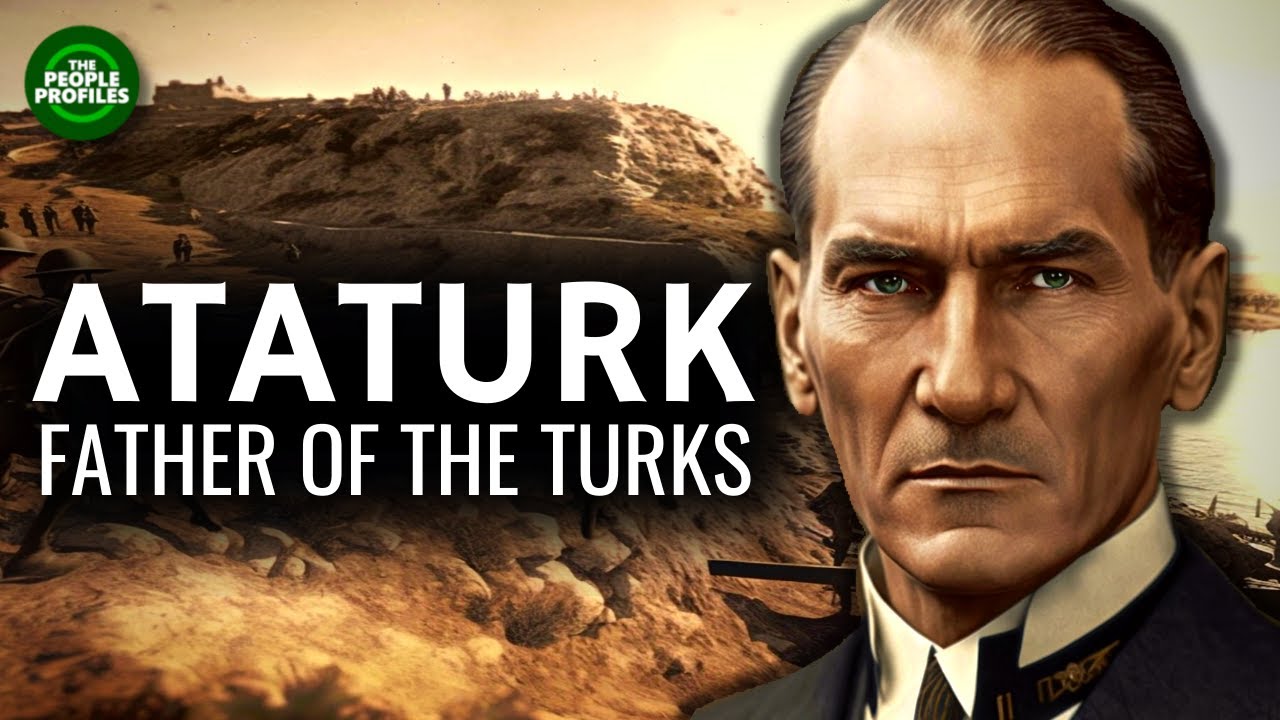In Turkish, what’s the difference between ak/kara and siyah/beyaz? What is their origin? How can they be used?
Siyah (black),
Beyaz (white),
Mavi (Blue),
are not original Turkish words.
Turkish originals were/are:
Black: Kara
White: Ak
Blue: Gök
Foreign loanwords exclusively used to mean colors, nothing else.
Turkish words can be used as adjectives, to define color, but also to give meaning other than colors.
“Black Friday” can be translated only as “Kara Cuma”, but not “Siyah Cuma”.
Because the “black” in “Black Friday” is not related with color.
Original Turkish words have deep meanings, probably loanwords also have deep meanings in their respective languages, but they are exclusively used for colors in Turkish.
Turkish original words have deeper meaning and meaningful connection with other words.
*
For example:
Blue: Gök
Gök also means Sky, because sky is blue. Gök also means “heavens”, because “skies” are “heavens”.
(Even I can claim that, in Western and especially in Hollywood film culture it is believed that “dead people goes to heaven as stars” has its roots in Turkic/Hunnic culture. Because in Turkic belief , “uçmak” (to fly away) is used, to say somebody is passed away. You can fly into sky, not into ground. I don’t know if there is not such belief in Semitic/Indian/Aryan/Greek culture. There is “underworld” in these cultures)
*
Green: Yeşil
The word for “Green” in Turkish (YEŞİL) is a miraculous word. If linguists and scientists tried to devise/produce a word, which connects “Green”, “Water”, “Life”, “to Live” “Greenary” “Spring/Summer” and “Age (length of “life”)”, they could not devise a better word.
Old form of YEŞİL: YAŞIL (Green)
(Following this pattern: Replacing the original back vowels with front vowels
Çak-ıç => Çek-iç “hammer”
Yaş-ıl => Yeş-il “green”)
Yaş: means “moisturized”/”watered”/”watery”/”wet”.
Green is YAŞIL/YEŞİL, literal meaning “watery, watered, with water”
Can we think of a “natural green” without water? Absolutely no.
Can we think of life, without water? Absolutely no.
In Turkish, the words for “Water (YAŞ/SU)”, “Green (YEŞİL)” and “Life (YAŞAM)” has same root.
YAŞA-MAK and YAŞAM: to Live and Life. These words also comes from “water” and therefore related with YEŞİL/green. How meaningful and wonderful connection. Without water, no life can exist. Without water we cannot live, we cannot “stay green/alive”. Any space exploration today looking for life in other planets directly looks for the existence of water. Therefore water-life-green connection in Turkish looks so miraculous.
And then comes, “age/yaş” (lenght of LIFE). In Turkish, this word also related with “Water (YAŞ/SU)”, “Green (YEŞİL)” and “Life (YAŞAM)” . In Anatolian Turkish, the connection between “Age/yaş” and “green” is forgotten.
However, age/yaş and green/yeşil is closely related in other Turkish/Turkic languages.
We ask this question to learn the age of something :
“How old are you” (Kaç yaşındasın) ?
In some Turkic languages, question is asked this way, the original way:
“How many green (season) have you seen? (Kaç yaş/yaz gördün?)”
In the ancient Turkic culture the age of something/someone was calculated based on how many times they had seen “green season”, which is “yaz”.
So we see, colors reveal lots of things in original language.Green (yeşil) in Turkish is not just a color name, but it has deep connection with water (su, yaş, ıslak/sulak), life (yaşam, greenary), age (yaş) and summer (yaz). They have same root in Turkish.
Think of a desert. When you see an oasis, a “green (yeşil)” area in the desert, you automatically know that there is “water (yaş/su)” in that place, and there is “life (yaşam)” in that place.
I am not aware of any other language, in which all these words “Water (YAŞ/SU)”, “Green (YEŞİL)” and “to live (YAŞA-MAK), “Life (YAŞAM)”, “Summer (YAZ)”, and “age -length of life (YAŞ)” are all related to each other.
—-
Note-1: Turkish proper name “Yaşar”, if written with today’s Anatolian Turkish phonology, would be written as “Yeşer”, because of the vowel shift like in yaşıl to yeşil. Because the name Yaşar was given to scrawny, weak babies as a desire/praying by parents for the baby “to live,to get green”.
Note-2: Word for summer (yaz) also meant “spring” in old Turkish. “Bahar” is a Persian loanword. Probably Ancient Turkics were living in colder regions of the world and they only had 2 seasons, “yaz/summer/green season and kış/winter/non-green season, not 4 seasons)
The connection between “yaş” and “yaz”: In Northern Branch of Turkic languages, Kıpçak/Kipchak (Kazakh, Kyrgyz) some sound shifts happened. Therefore some basic pronunciation difference arose with Southern and Western (Chaghatay and Oghuz) Turkish. However, there were not strict lines between these dialects. Words with new meaning/concepts are borrowed from each other along with new pronounciation)
Western : Kipchak
Baş: bas
Yaş: yas/yaz
Kış: kıs
Beş: bes
Yüz: jüz (this one lives in Anatolia only in informal pronounciation of numbers ending in ş/ç letters, beş-jüz:500, üç-cüz:300)
Saç: saş
Mehmet Uçar







